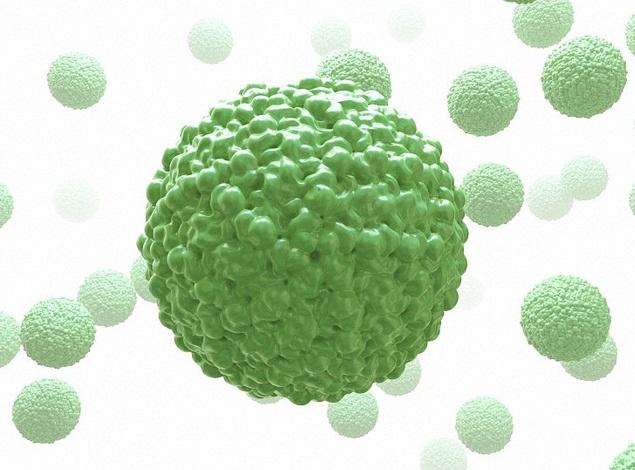A study today in the New England Journal of Medicine shows more evidence of a strong link between Zika virus (ZIKV) and Guillain-Barre syndrome (GBS), while reports from Florida show that local transmission is still occurring in Miami Beach.
Zika infection preceded GBS in many
In today's study, Colombian researchers looked at 68 patients with confirmed GBS diagnoses from November 2015 to March 2016.
The patients were treated at one of six university hospitals in Colombia, and nearly all the patients (97%) had limb weakness upon admission. Fifty-six percent had ascending paralysis, and 50% had bilateral facial paralysis.
Among those tested with nerve-conduction studies and electromyography, 78% had the acute inflammatory demyelinating polyneuropathy subtype of GBS. Forty patients (59%) were admitted to intensive care units, and 31% of all patients required mechanical ventilation. Four patients died while in hospital.
Of the 68 patients, 66 (97%) had symptoms of ZIKV infection 1 month prior to the onset of GBS symptoms, with an average of 1 week between Zika symptoms and GBS symptom onset. Of the 68 patients with GBS, 42 were tested for ZIKV using RT-PCR, and the results were positive in 17 patients (40%). Moreover, 32 of the 37 patients with GBS who were tested (86%) had evidence of a recent flavivirus infection, indicated by antiflavivirus antibodies. All patients tested negative for dengue virus (DENV).
"The increase in cases of the Guillain-Barre syndrome during the time of the ZIKV outbreak in Colombia and the absence of such an increase while DENV and chikungunya virus were circulating within the region in previous years provides epidemiological evidence of the link between ZIKV infection and the Guillain-Barre syndrome," the authors wrote.
The authors suggest this study corroborates earlier studies from French Polynesia, which reported clusters of GBS after a 2013-2014 Zika outbreak. Like that outbreak, the researchers posit that the current Zika epidemic in the Americas causes neurologic symptoms of GBS immediately following infection with ZIKV. Thus Zika-related GBS follows a parainfectious pattern, rather than the classical post-infection presentation of GBS.
Temporal Zika, GBS relationship?
According to a commentary in the New England Journal of Medicine, the study provides some temporal evidence of Zika virus infection and subsequent GBS diagnosis. But, unfortunately, the study also highlights the difficulty in obtaining an accurate and timely Zika diagnosis.
"The difficulties in diagnosing ZIKV infection are borne out in this study, as only 17 patients had definitive laboratory evidence of recent ZIKV infection," wrote Jennifer Frontera, MD, and Ivan da Silva, MD, PhD in the commentary. "As is true with most clinical studies, proving a causal relationship between ZIKV infection and the Guillain–Barre syndrome is challenging."
Still, Frontera and da Silva—Brazilian clinicians who were not involved in the study—warn that more GBS clusters are likely to follow regions hit hardest by Zika in the coming months.
Miami Beach sees more Zika
In other Zika news, Florida Health, the state’s department of health, is reporting two more non-travel–related cases of the mosquito-borne illness today as the state prepares to face Hurricane Matthew. Both cases were acquired in the Miami Beach active transmission zone, one of the city's premiere tourist destinations. There are now 141 cases of locally acquired Zika in Florida.
Florida Health also reported one new case of Zika in a non-Florida resident who visited Miami Beach, raising the total number of non-Florida residents who acquired the disease in the state to 17.
Pregnant women are still advised to avoid all unnecessary travel to Miami Beach, and Florida Health reminded residents that Zika prevention was in their hands.
"The department urges Floridians to drain standing water weekly, no matter how seemingly small. A couple drops of water in a bottle cap can be a breeding location for mosquitoes. Residents and visitors also need to use repellents when enjoying the Florida outdoors."
See also:
Oct 5 N Engl J Med study
Oct 5 N Engl J Med commentary
Oct 5 Florida Health update





















